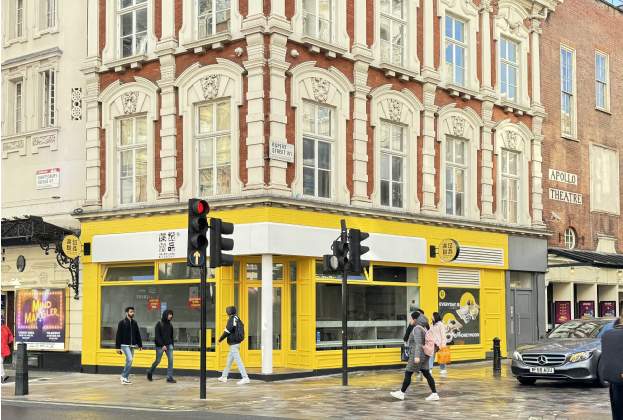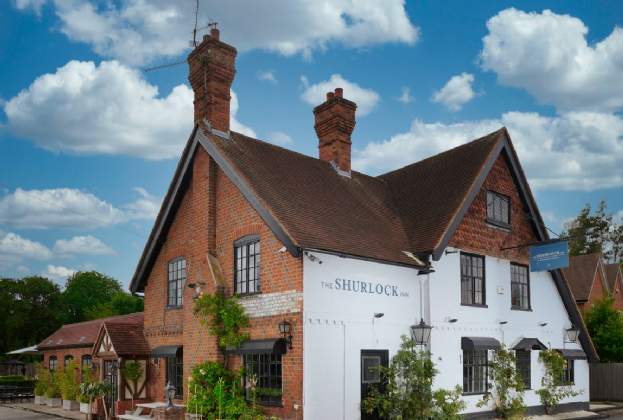As a pub tenant, part of your lease responsibility is keeping the property in good condition as a landlord is entitled to get it back in full repair. In the six months before expiry, a landlord will therefore set out its dilapidations claim, listing any works it expects the tenant to complete.
As such, it is very important to obtain a schedule of condition at the start of your tenancy. This sets everything out in writing and limits your liability later, helping you avoid unnecessary work. Also be clear from the start which fixtures and fittings a landlord considers to belong to them. Generally this will be anything you can’t pick up and take away. At the time of signing your lease, think about the condition of unseen areas, such as the roof space and floors, to avoid being caught out by hidden issues later on.
If you know you want to leave a property at the end of your lease, it is wise to start the dilapidations conversation with your landlord as early as possible. This can be up to a year before the lease ends and gives you the chance to project manage any required works yourself at a potentially lower cost than using contractors.
If a lease ends without the required works being completed, the tenant must pay the landlord or prove that the cost of putting the property into good order is greater than the landlord’s loss in value as a result of its current condition. A tenant may also be exempt or partially exempt from dilapidations liability if the pub is going to be demolished, redeveloped or let to a new tenant who will completely refit.
Generally speaking, the cost of having a building surveyor thoroughly check a property before you sign the lease, particularly for very large or old pubs, will pay dividends later. Remember that if you choose not to complete dilapidations works, but instead leave them to the landlord to rectify after you have vacated, they will be unable to get a new tenant in straight away and could charge you for lost rent during the time it takes to complete the works.
This content first appeared in The Morning Advertiser.
Further information
.jpg)



.jpg)


.jpg)


.jpg)